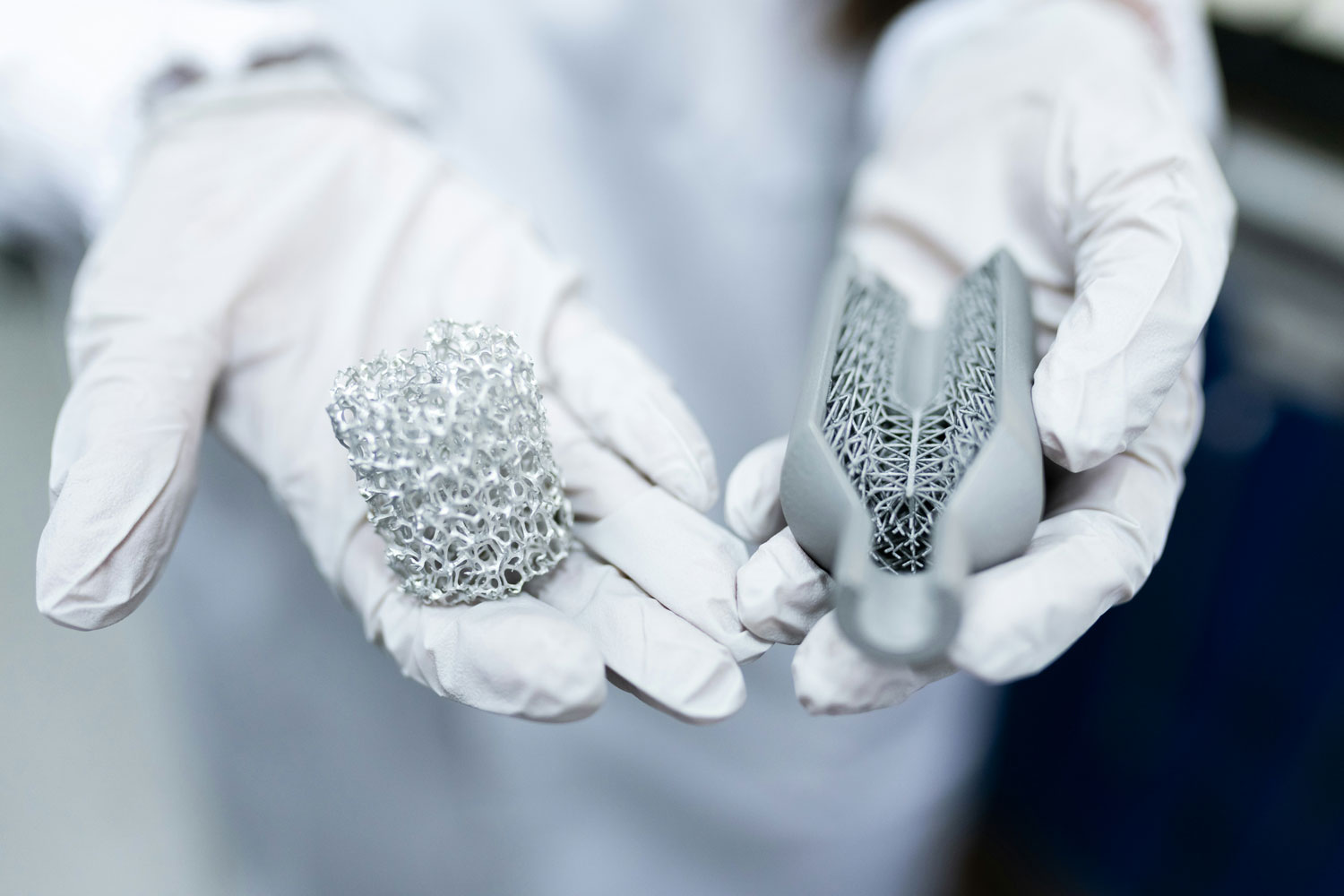Biomedical engineering benefits from science in scientific fields such as medicine, electrical-electronics engineering, computer engineering, chemical engineering, mechanics, material science and technology, chemistry, biology and molecular biology. With expertise spanning physiology, biology, health and health informatics, mechanics, and engineering, biomedical engineers combine their diverse skills to create solutions to ongoing health challenges around the world, helping to improve the way patients are treated and reduce the cost of care.
With the increasing world population, the demand for biomedical devices and procedures to improve quality of life continues to increase. Today, people are more aware than ever of breakthroughs and advances in medical technology. Because of this awareness, more and more people will continue to seek biomedical solutions to complex health problems, expecting a newer, more suitable and more advanced treatment method each time.
Since our students will receive education in medicine and many engineering fields, they will graduate with the knowledge and skills to demonstrate their competence both in the private sector and in the academy. The qualifications of our graduating students are as follows:
1. They should have sufficient knowledge in the development of medical imaging systems and software,
2. They have knowledge of human anatomy and physiology and the ability to model living organisms,
3. Have data analyst skills and interpret biomedical data using tools such as statistical analysis methods, data mining techniques and computer modeling tools,
4. They have the ability to determine biomedical device design requirements, develop prototypes, test them and evaluate them in terms of safety and effectiveness,
5. Evaluate biomaterial performance, analyze biomaterial-biological system interactions and master biocompatibility criteria,
6. They understand issues such as human experiments, medical data confidentiality, hospital products and patent rights and know the principles in their work,
7. Students develop project management and communication skills. They learn to take part in the planning, follow-up and result reporting of biomedical projects,
8. Students should be researchers who apply their knowledge of electronic, chemical, optical, mechanical, computational and other engineering principles to understand, modify or control biological (i.e. human and animal) systems,
9. Ability to develop, select and use modern techniques and tools necessary for the analysis and solution of complex problems encountered in biomedical engineering applications; They have the ability to use information technologies effectively.
Our students who will graduate from the Biomedical Engineering program:
1. Industry employment: Program graduates can take part in research and development, medical product design, production, maintenance, product quality control, sales and marketing in healthcare institutions and organizations such as medical device companies, pharmaceutical companies and biotechnology companies.
2. Research and development (R&D): Graduates can work in research and development positions in academia, government agencies or private research institutions. They can contribute to the development of new medical technologies, design experiments, analyze data and contribute to medical device software.
3. Academic studies: Graduates with a strong interest in research and a desire to go deeper in their field can pursue a master's or doctoral degree in biomedical engineering or a related field. This may lead to opportunities in academia, teaching positions or leadership roles in academia, industry or government-affiliated institutions.
4. Clinical engineering: Biomedical engineering graduates who are interested in the health sector can work as clinical engineers. They collaborate with healthcare professionals to ensure the safe and effective use of medical equipment, manage technology in hospitals, and troubleshoot technical problems.
5. Entrepreneurship: Graduates may choose to establish their own start-up business or participate in ventures in the healthcare and medical technology sector. They can develop innovative solutions, design medical devices, and provide software in areas such as regulatory compliance or technology assessment.
6. Healthcare Consultancy: Biomedical engineering graduates can work as consultants, providing expertise to healthcare organizations, regulatory bodies or companies in the healthcare industry. They can assist with technology implementation, regulatory compliance, risk assessment or process improvement.
7. Advanced specialization: Graduates of the broad field of biomedical engineering may choose to specialize further in areas such as tissue engineering, biomechanics, medical imaging, biomaterials or bioinformatics. Specialized knowledge can open specific career opportunities in academia, research or industry.








